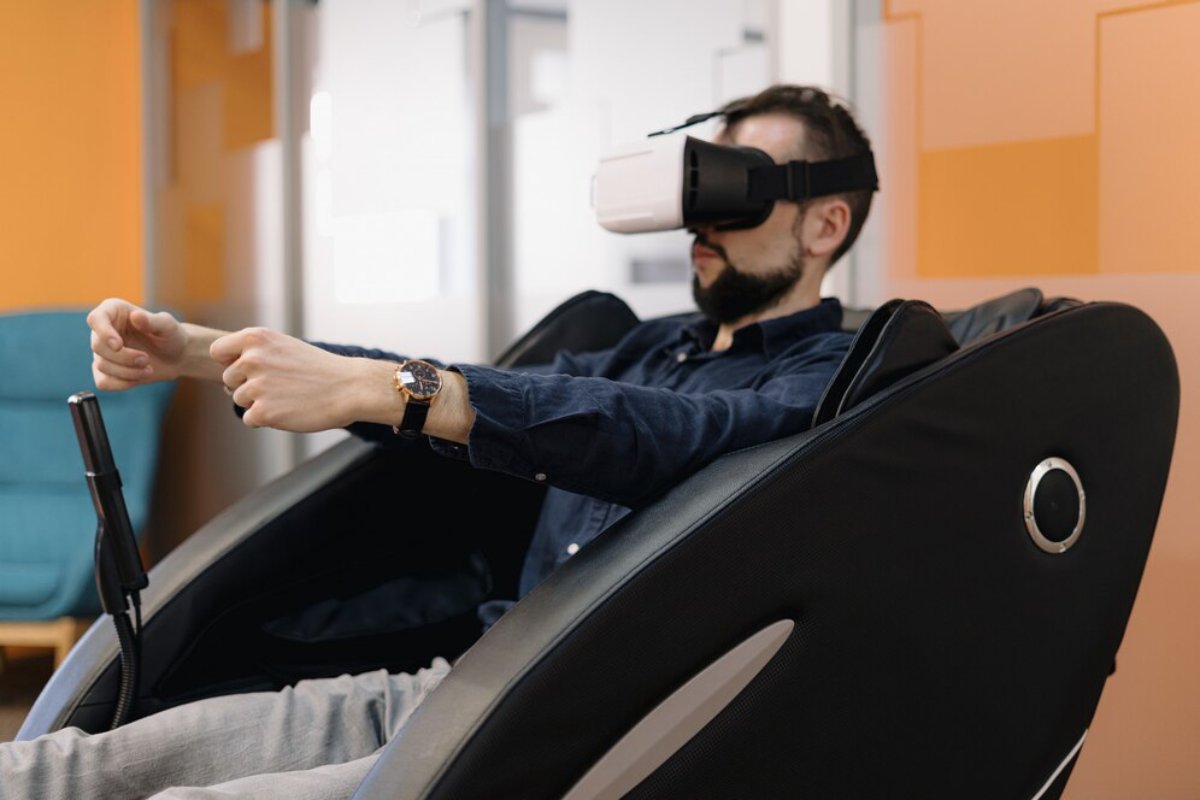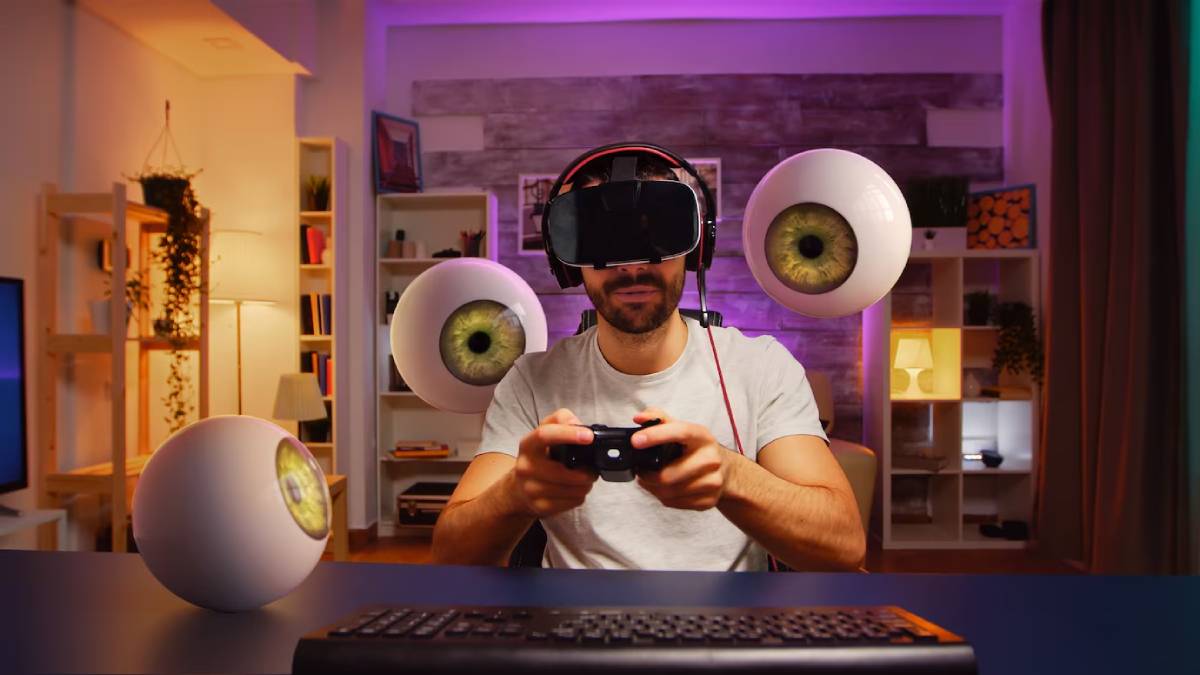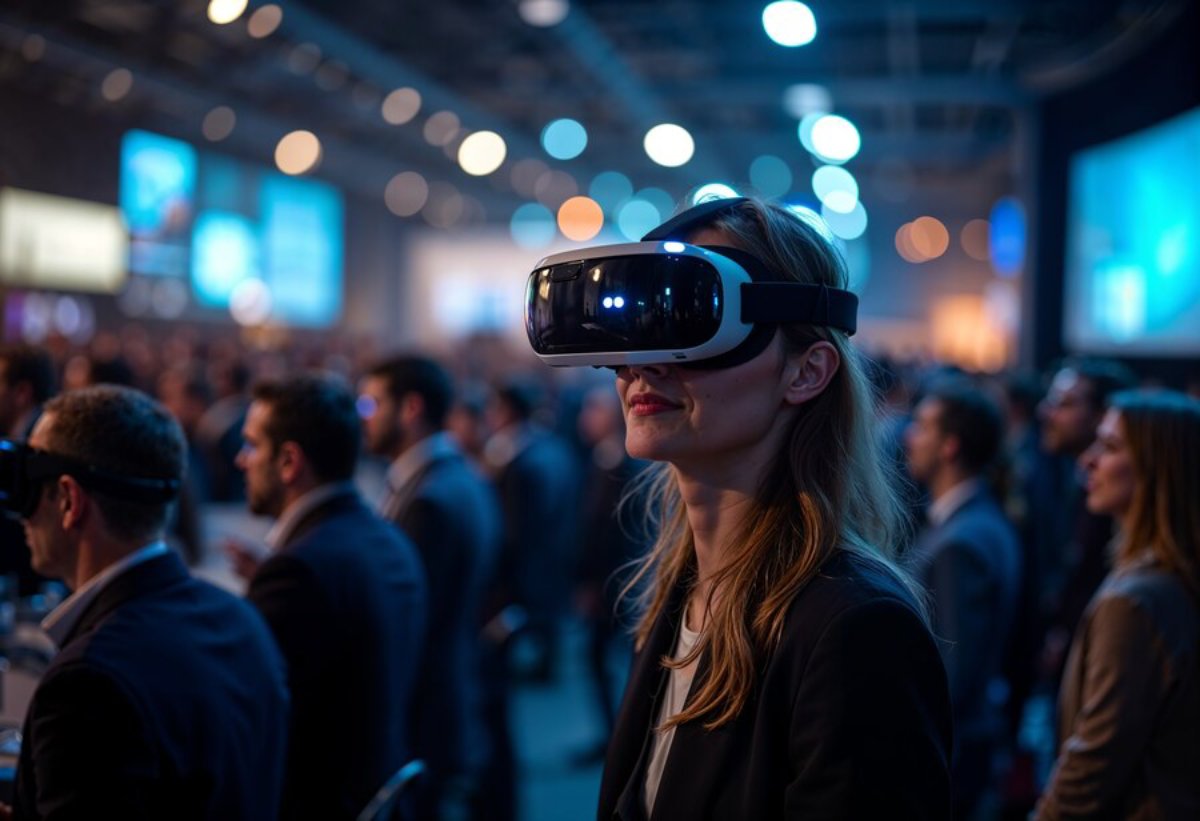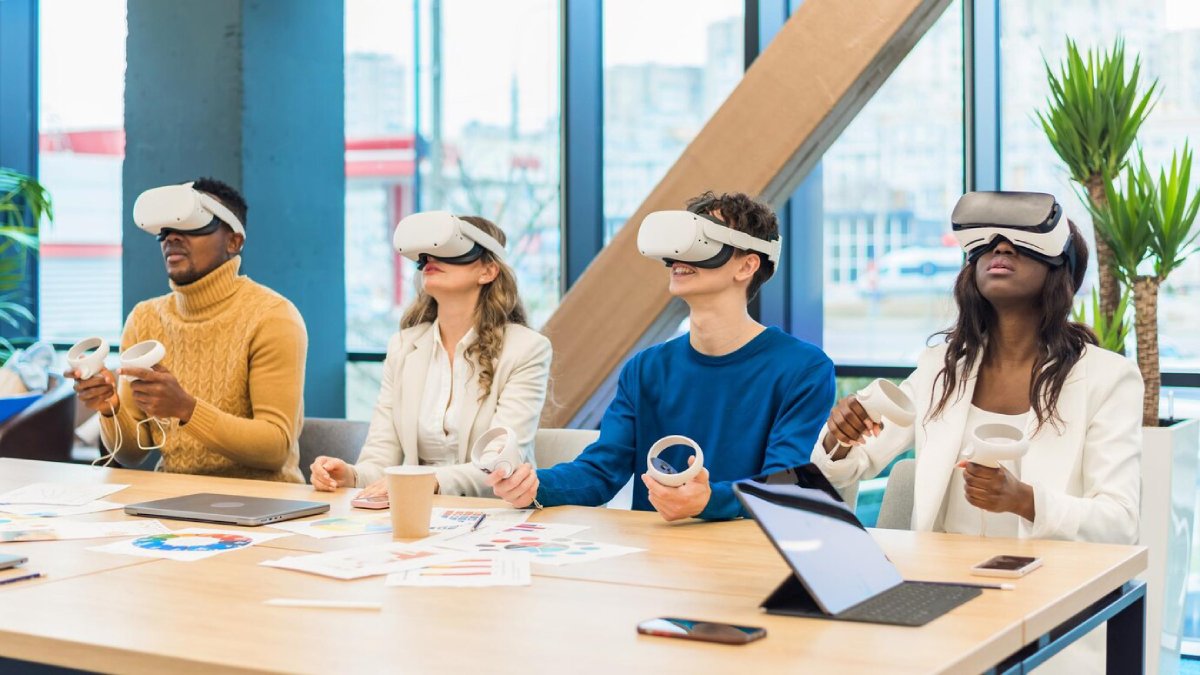
The Economic Impact of Virtual Reality on the Gaming Industry
In recent years, virtual reality (VR) has brought about a transformative shift in the gaming industry. VR used to be like mid-20th-century sci-fi but has become a powerful tool. It transforms the way games are created, sold, and played. In this blog, we examine the impact of virtual reality on the video gaming industry. It covers virtual reality market research, virtual reality economics, the expansion of the VR gaming industry, etc.
Key Benefits / Why It Matters
Over the years, the gaming industry has embraced emerging technologies like virtual reality to enhance gameplay and generate economic prospects. Although these points may seem vague, it will become more apparent why they should be included in a comprehensive VR market analysis, in which the economic impact of VR in gaming will also be analysed.
Expanding Market Opportunities
Virtual reality has opened up new avenues for game developers and publishers. The VR market analysis indicates a substantial increase in consumer interest and investment in VR gaming. As more players seek immersive experiences, the demand for VR-compatible games has surged, prompting developers to innovate and expand their offerings.
Enhanced Consumer Engagement
VR gaming offers an unparalleled level of immersion, allowing players to engage with games in ways previously unimaginable. This heightened engagement translates to longer playtimes and increased spending on VR content, boosting the overall revenue of the gaming industry.

Job Creation and Economic Growth
The rise of VR in gaming has spurred job creation across various sectors, including game development, hardware manufacturing, and VR content creation. This growth contributes to broader economic development as more professionals are employed to meet the increasing demand for VR-related products and services.
Real-Life Applications and Data-Backed Insights
According to recent studies, the VR gaming industry is expected to grow at a compound annual growth rate (CAGR) of over 30% in the coming years. This growth is driven by advancements in VR technology, increased consumer adoption, and the expansion of VR gaming content. The economic impact of virtual reality is not limited to gaming alone; it extends to sectors such as education, healthcare, and real estate, where VR applications are being explored and implemented.
Additional Expert Tips & Common Mistakes to Avoid
As the VR gaming industry evolves, developers and stakeholders must navigate a complex landscape of challenges and opportunities. Here, we explore expert tips for success and common mistakes to avoid in virtual reality economics.
Best Practices for VR Game Development
Developers should prioritise creating intuitive and comfortable user experiences. If not optimised, VR gaming can induce motion sickness, so ensuring smooth gameplay and user-friendly interfaces is crucial. Additionally, leveraging VR’s unique capabilities, such as spatial audio and haptic feedback, can enhance the immersive experience and set games apart in a competitive market.
Avoiding Over-Hype and Unrealistic Expectations
While VR holds immense potential, it’s essential to manage expectations realistically. Over-hyping VR capabilities can lead to consumer disappointment and negatively impact the industry’s reputation. Developers and marketers should focus on delivering quality experiences rather than making exaggerated claims about VR’s capabilities.
Navigating the Cost Barrier
One common challenge is the cost barrier associated with VR hardware. While prices have decreased over time, high-quality VR headsets and equipment can still be expensive for the average consumer. Developers should consider creating accessible content across various devices, including more affordable VR platforms, to reach a broader audience.
Advanced Insights / Expert Recommendations
Industry experts recommend adopting a strategic approach that encompasses innovation, collaboration, and sustainability to fully capitalise on VR’s economic potential in gaming.
Embracing Cross-Platform Development
Developing compatible VR games across multiple platforms can maximise reach and revenue potential. By catering to a diverse audience, developers can tap into different segments of the VR gaming market, ensuring a steady income stream and user engagement.

Fostering Industry Collaboration
Collaboration among developers, hardware manufacturers, and content creators is essential for advancing VR technology and expanding its applications. By working together, industry stakeholders can drive innovation, reduce costs, and create a cohesive ecosystem that benefits businesses and consumers.
Investing in Research and Development
Continued investment in research and development is crucial for the sustained growth of the VR gaming industry. By exploring new technologies, refining existing ones, and experimenting with novel gameplay mechanics, developers can push the boundaries of what VR gaming can achieve, attracting more players and investors.
Unlocking the Future of VR Gaming
Finally, the contribution of virtual reality to the gaming industry is vast and interconnected. With VR technology constantly evolving, Numerous opportunities for developers, investors, and consumers arise. With a good understanding of the VR market analysis, ensuring proper best practices, and encouraging collaboration, the gaming industry will realise the fullest potential of virtual reality economics.
If you’re keen to try VR gaming, now is the time. Related Read: VR Gaming Industry: The Sky Is The Limit! Whether you’re a developer seeking to break new ground or a gamer with a remote control searching for fresh new experiences, we’ve got a little something for everybody. So, keep questioning and iterating, and let’s get ready for the ground-breaking possibility of this VR adventure.
What are your thoughts on the future of VR in gaming? What future do you think virtual reality will shape in the industry? What do you think about VR gaming?


